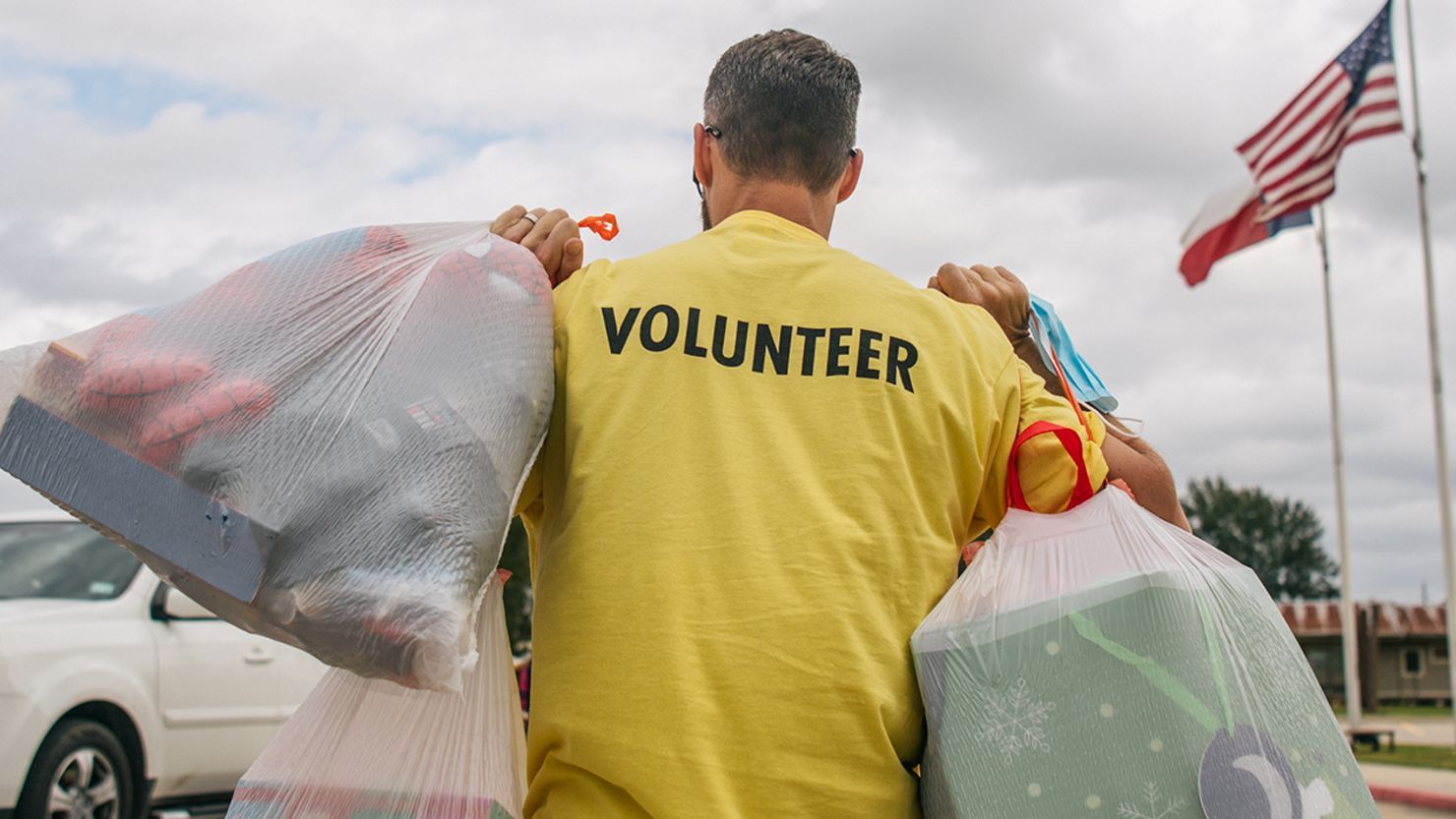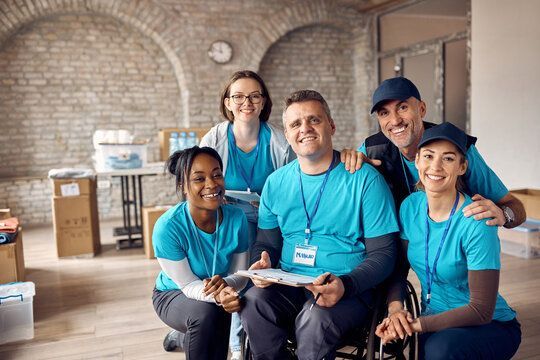Does Volunteer Work Count as Experience on a Resume? And How to List It
Is Volunteer Work Considered Experience on a Resume?
Yes, volunteer work is absolutely considered experience on a resume. It can demonstrate a wide range of transferable skills, such as teamwork, leadership, communication, and problem-solving. This is especially true for people who may not have much formal paid work experience or for those with gaps in their employment history.
At CleanUP, we see firsthand how our volunteers develop and hone these critical skills. Whether you're organizing donation events or providing direct services to neighbors in need, these experiences are highly relevant to potential employers.
Can I Add Volunteer Work to My Resume?
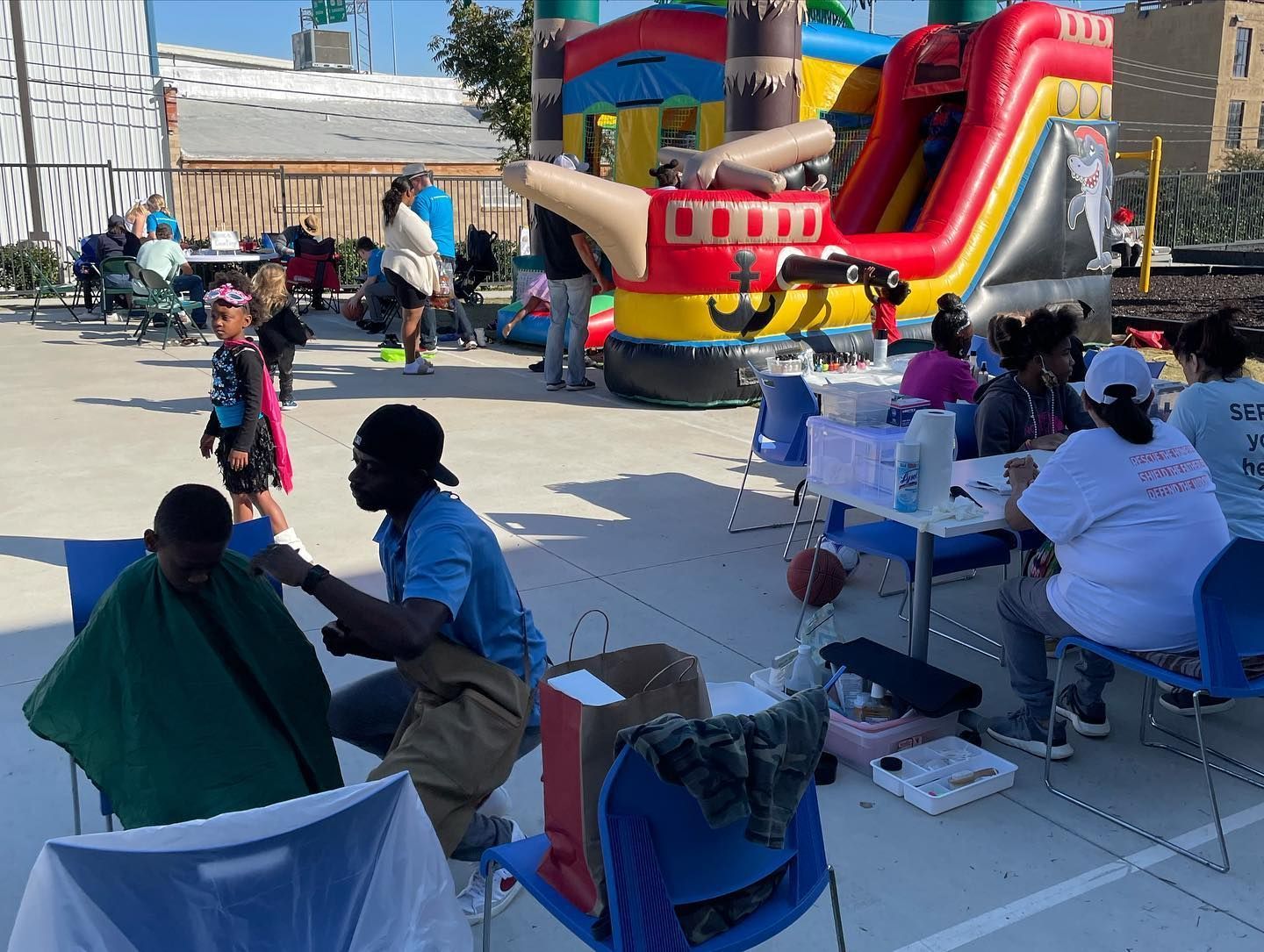
Definitely! Listing volunteer work on your resume can highlight interests and show commitment to community and personal growth. It’s also an excellent way to demonstrate relevant skills for the job you're applying for, particularly if you're a recent graduate or someone transitioning between careers.
Many people wonder,
can anyone volunteer in a clinic without experience? The answer is yes! For example, if you’ve worked in our
mobile clinic, you’ve gained valuable experience in healthcare support and customer service—skills that are highly relevant to many professional roles. Adding this experience to your resume not only fills gaps in employment but also showcases your dedication to helping others, which employers highly regard.
How to Include Volunteer Work on a Resume

When listing volunteer work, ensure it is relevant to the job you are applying for. Here are some tips for how to list volunteer work on your resume:
Include it under Professional Experience
if it directly relates to the job, such as organizing events or managing teams. For example, if you’ve helped manage our CleanUP delivery service, where logistics and coordination are crucial, this experience should be placed alongside your paid work.
Create a separate Volunteer Experience section
if your volunteer work is impactful but not directly related to the job. In this section, focus on your achievements and use keywords from the job description to align your volunteer work with the role you're applying for.
Avoid laundry lists of roles
that do not contribute to your professional development. Focus on the most significant experiences that showcase leadership, problem-solving, or other key skills.
Does Volunteering Count as Professional Experience?
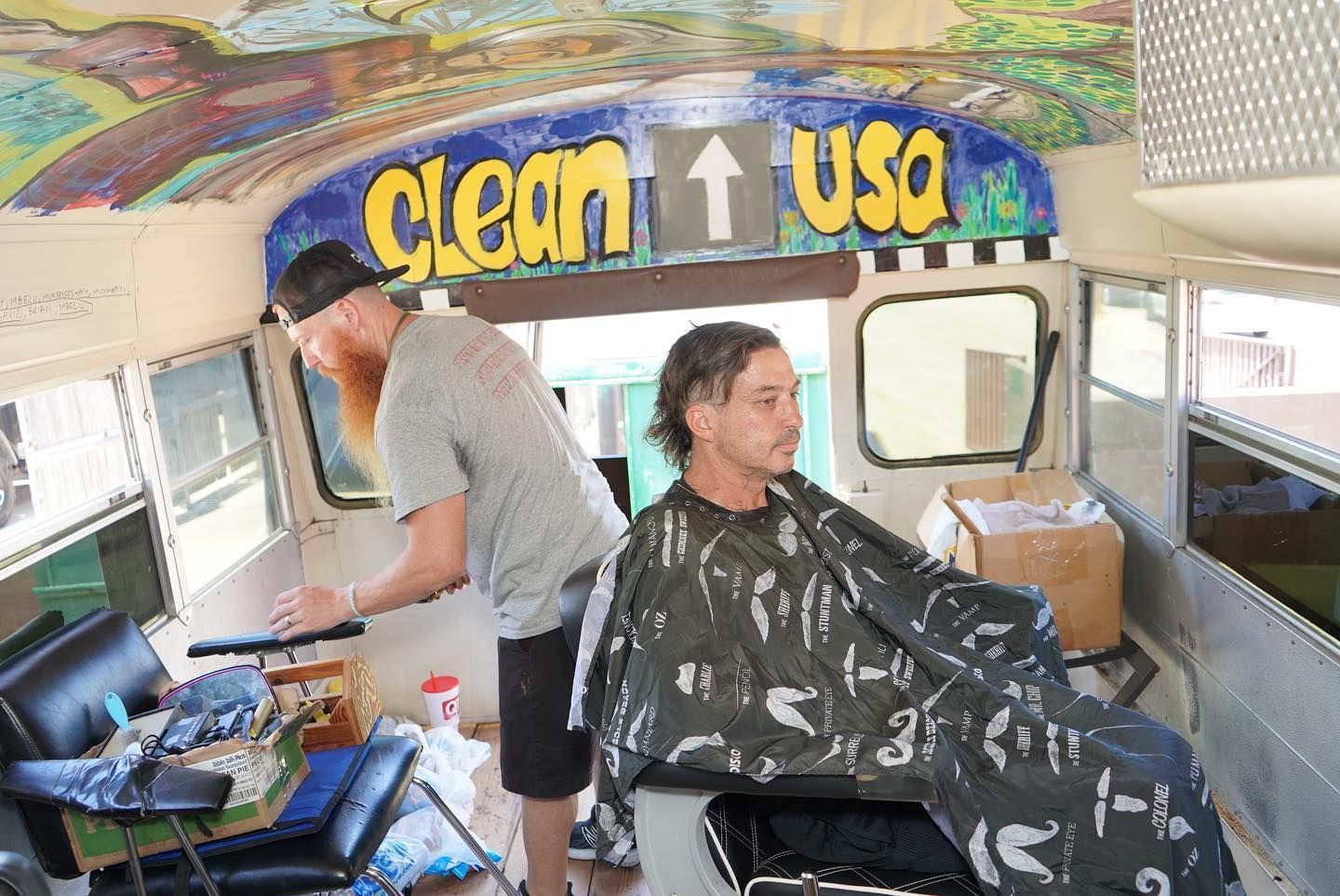
Many employers recognize volunteering as equivalent to professional experience, especially when the work requires a similar skill set. For instance, if you've volunteered at CleanUP’s mobile showers or clinics, you've learned to manage people, maintain hygiene protocols, and offer customer service. These are all skills that transfer seamlessly into various industries, including healthcare, service, and nonprofit sectors.
Examples of How to List Volunteer Work on Your Resume
Here are a couple of ways to effectively list volunteer work on your resume:
Example 1:
Volunteer Coordinator – CleanUP Mobile Showers
CleanUP | June 2022 – Present
- Coordinated a team of 10+ volunteers to set up and manage mobile shower units across the Dallas-Ft. Worth metroplex.
- Ensured smooth operation and sanitation of units, helping to serve over 300 individuals monthly.
- Developed a scheduling system that improved volunteer engagement by 25%.
Example 2:
Community Engagement Volunteer
CleanUP | January 2021 – December 2022
- Helped distribute goods via the CleanUP delivery bus, delivering essential household items to neighbors in need.
- Assisted with community outreach, connecting local residents to services offered by CleanUP.
- Provided logistical support in organizing donation drives, collecting over 5,000 items in 2022 alone.
Are the Skills from Volunteering Transferable to Actual Work?
The skills you gain from volunteering are transferable to a wide variety of job roles. For example:
- Leadership: When leading events or coordinating volunteers, you’re managing teams, solving problems, and making critical decisions.
- Communication: Working with a diverse group of neighbors and volunteers improves your communication skills, which is essential in nearly any job.
- Problem-Solving: Many of the challenges you face in volunteer work, such as organizing large events or distributing supplies efficiently, require creative solutions.
These skills are relevant and valued by employers, no matter the industry.
Volunteering to Fill Employment Gaps
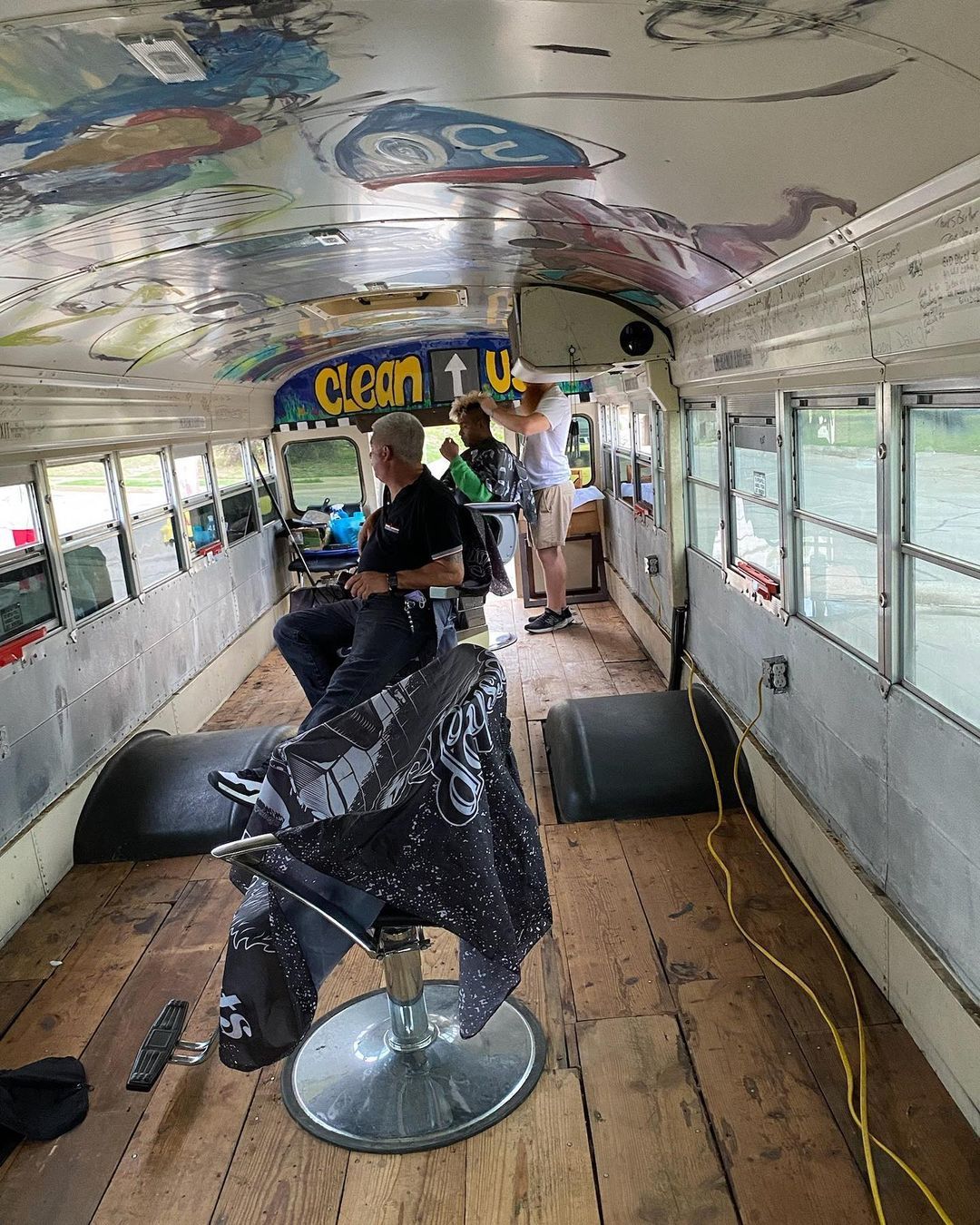
If you have a gap in your employment history, volunteering can fill that space. Employers appreciate candidates who remain active and engaged, even if not in a paid role. By listing your time with CleanUP and demonstrating how to volunteer for a charity, you're showing that you continued to develop skills and contribute to society, even during personal or professional transitions.
Best Ways to Highlight Volunteer Experience in a Professional Resume

- Incorporate Job-Specific Keywords: Use keywords from the job description when describing your volunteer experience. For example, if you're applying for a project management role, highlight your experience organizing community events or coordinating logistics for CleanUP.
- Prioritize Achievements Over Responsibilities: Focus on what you accomplished during your volunteer work, rather than just listing your duties. For example, "Increased volunteer participation by 30%" or "Managed distribution of over 1,000 essential care packages during a single event."
- Be Specific: Provide numbers and specific results to showcase the impact of your work. Quantifying your achievements makes a stronger impression on employers.
- Separate or Combine Sections: If the volunteer work directly relates to the position you're applying for, include it in your Work Experience section. If it's less relevant, create a separate section titled "Volunteer Experience."
Does Unpaid Volunteer Work Count as Relevant Job Experience?
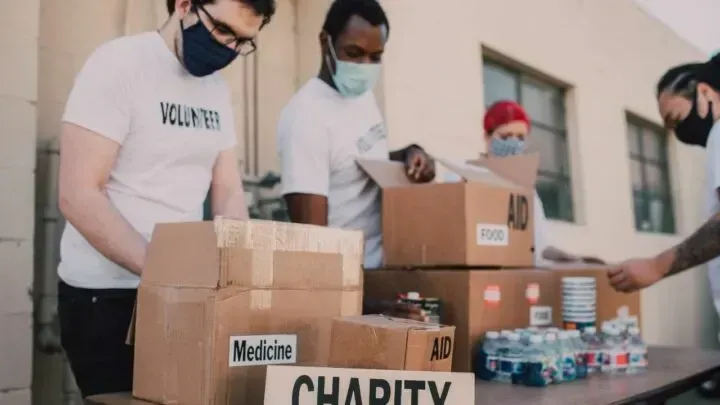
Yes, unpaid volunteer work can count as relevant experience if it directly applies to the job you're seeking. Even without a salary, you're gaining practical skills and contributing meaningfully to an organization like CleanUP. In fact, many nonprofit and community service roles involve responsibilities that directly translate to paid positions in similar industries.
Conclusion
Volunteer work at CleanUP isn’t just about giving back; it’s a stepping stone in your career. From working with our mobile showers and clinics to organizing community outreach, the skills you gain while volunteering can be directly applied to paid professional roles. By listing your volunteer work on your resume, you’re showing employers that you’re proactive, community-minded, and committed to personal growth.

